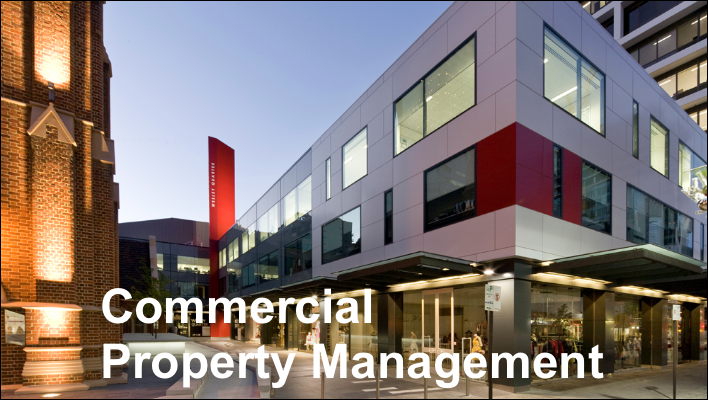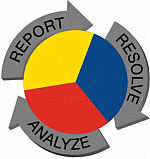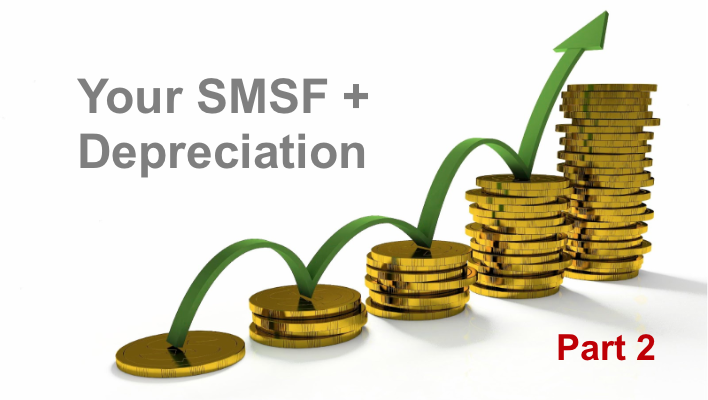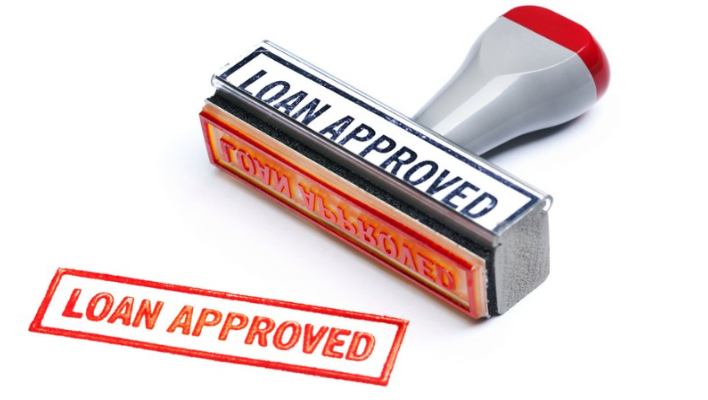
HAZARDOUS MATERIALS are found in a range of locations, forms and types of building structures; plus they are not just limited to Commercial projects. Unfortunately, they are widely spread through residential and public properties as well.
The identification process is the first step for anyone wishing to undertake alterations, demolition or disturbance of materials — which could be potentially harmful to workers, or the general public. And then, you need to quantify the cost of rectification; and what effect that will have upon your intended project.

 And so once you’ve finally acquired a suitable Commercial property, any ongoing Management will need to make sure that …
And so once you’ve finally acquired a suitable Commercial property, any ongoing Management will need to make sure that … 



















